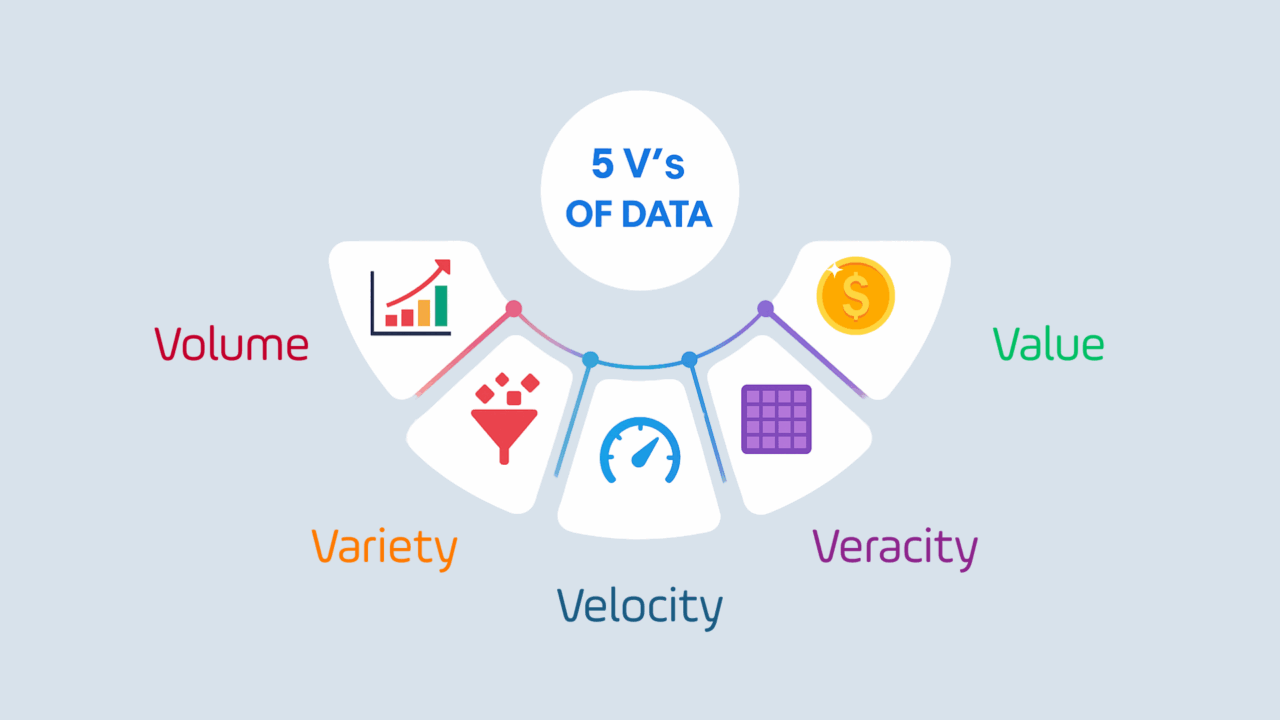In today’s complex and fast-moving markets, big data for supply chains has become a critical driver of success. By leveraging supply chain analytics, companies can gain valuable insights, optimize processes, and respond faster to disruptions. This article explores how big data in supply chain management transforms operations — and how businesses can turn information into lasting competitive advantage.
What is Big Data in the Supply Chain Context?
To fully understand the impact of big data, it’s important to first define what it means within the supply chain environment.
Big data in supply chain management encompasses the enormous volumes of information created throughout production, logistics, and customer interaction. From supplier records and transportation data to sensor outputs and customer feedback, the variety of sources is vast. This information spans both structured formats, such as inventory levels, and unstructured formats, including weather forecasts or online reviews. When used effectively, big data allows supply chain managers to make faster, smarter decisions by providing deeper insights into operations.
The 5 V’s of Big Data:

The role of big data in supply chain management becomes clearer when examining its five core characteristics:
- Volume describes the vast amounts of data generated across supply chain activities, from procurement to delivery.
- Velocity refers to the rapid speed at which data flows, requiring real-time or near-real-time processing capabilities.
- Variety captures the diversity of data formats, including structured records, sensor outputs, and unstructured content like emails or social media.
- Veracity highlights the need for data accuracy, consistency, and reliability to avoid misleading insights.
- Value focuses on transforming raw data into actionable insights that drive smarter supply chain decisions.
Once data is collected and organized, the real value emerges through analytics — the process of turning raw information into actionable insights.
How Analytics Turns Big Data into Supply Chain Success
Supply chain analytics allows companies to move beyond traditional reporting and gain predictive and prescriptive insights. By analyzing big data, organizations can anticipate demand shifts, identify supply risks before they materialize, and optimize inventory levels with greater precision. Advanced analytics tools, powered by AI and machine learning, make it possible to uncover patterns that human decision-makers might otherwise overlook. Furthermore, real-time data analysis supports faster, more agile responses to disruptions, ensuring continuity and resilience. Ultimately, analytics transforms big data from a static asset into a dynamic driver of competitive advantage.
Implementing Big Data and Analytics: A Practical Approach
Implementing big data and analytics in supply chains starts with clear priorities. Companies should initially focus on specific, high-impact use cases, such as real-time shipment tracking or demand forecasting. Investing in the right technologies — including cloud-based platforms, IoT sensors, and AI-powered analytics tools, providing a solid foundation for scalable data initiatives.
Another important step is to break down internal data silos, enabling seamless information flow across procurement, production, logistics, and sales functions. Prioritizing data quality is equally crucial, ensuring that decisions are based on accurate, consistent information rather than incomplete or outdated data. Finally, building a data-driven culture, supported by leadership engagement and continuous employee training, empowers organizations to turn analytics into lasting operational improvements.
Conclusion: Turning Data into a Competitive Advantage
In today’s fast-moving markets, supply chain big data is not just a driver of success — it has become a strategic necessity. Companies that embrace supply chain analytics are turning vast volumes of information into real-time insights, faster responses, and optimized operations. As this article has shown, big data in supply chain management offers a clear path to greater resilience, agility, and competitiveness. Organizations that take action now to build their data capabilities will transform information into lasting competitive advantage — and secure their place at the forefront of tomorrow’s supply chains.
Lampenwelt brings light into the supply chain
Lampenwelt, part of the LUQOM Group, has brought new transparency to its complex supply chain using the OSCA supply chain management software from Setlog. By replacing manual processes, the company now manages over 200 suppliers digitally—more efficiently, faster, and with far greater planning reliability. Discover more in the free case study!

